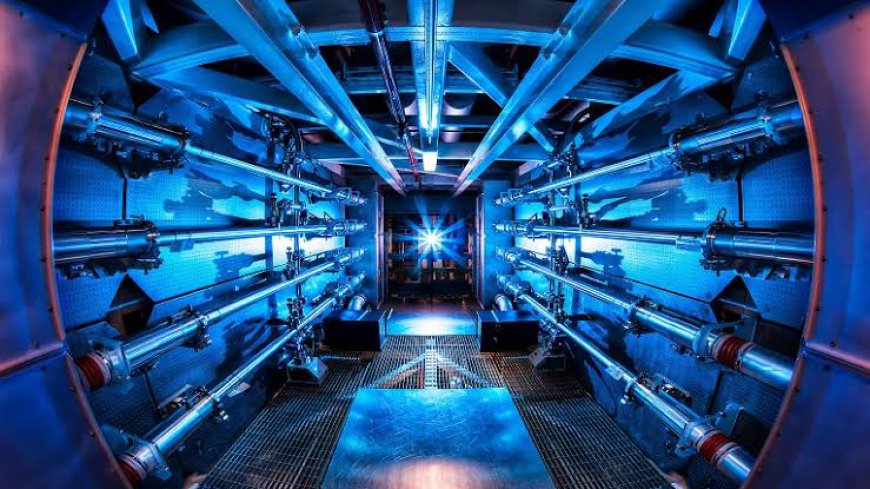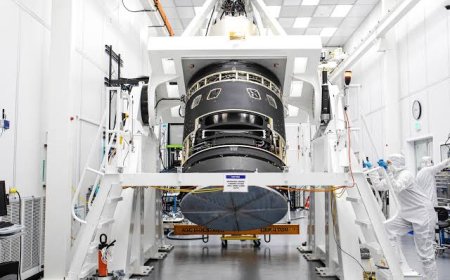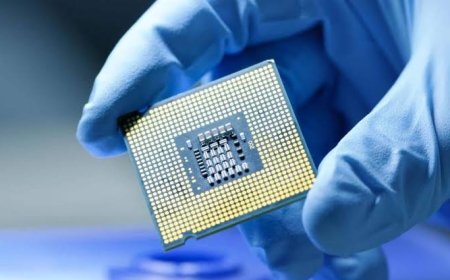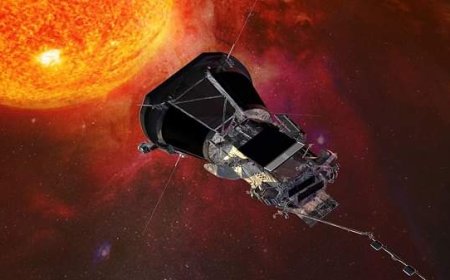A UK-based company is researching nuclear fusion propulsion technology!
'Pulsar Fusion', a UK-based aerospace start-up company founded in 2011, is now developing a next-generation nuclear fusion propulsion technology rocket. This new research may pave the way for astronauts to travel infinite distances in the near future.

In June 2023, the UK-based company 'Pulsar Fusion', which specializes in clean space propulsion systems and services, announced a collaboration with Princeton Satellite Systems, an American firm. This partnership aims to utilize artificial intelligence (AI) in the creation of a hyper-fast space propulsion system capable of reaching Mars in just 30 days.
They announced that its new nuclear fusion propulsion system is designed to exceed speeds of 500,000 miles, or 8,04672 km per hour, with astronauts onboard—far beyond current spacecraft capabilities. Researchers are optimistic that this technology will revolutionize space travel and hope to build a prototype propulsion system by 2027.
According to their report, the Princeton field-reverse configuration (PFRC-2) reactor may create hot plasma produced by its system that will surpass the temperature of the sun. They have constructed an 8-meter chamber for nuclear fusion, where temperatures could reach several hundred million degrees.
The researchers are optimistic that this heat could facilitate speeds exceeding 500,000 miles per hour in infinite space, and an electromagnetic field will be employed to control the extrime hot plasma.
The Pulsar Fusion Company is currently in the experimental stage of developing its nuclear-powered rocket engine-based spacecraft. They plan to achieve readiness within 2027, following extensive research and development.
However, it is premature to determine its distinctiveness or potential for success, and information regarding its travel capabilities to Earth remains undisclosed. This next-generation technology has the potential to transform space exploration in the near future, if it comes to light.
Source: World Nuclear News, Pulsar Fusion, BBC, Interesting Engeenering.


















































